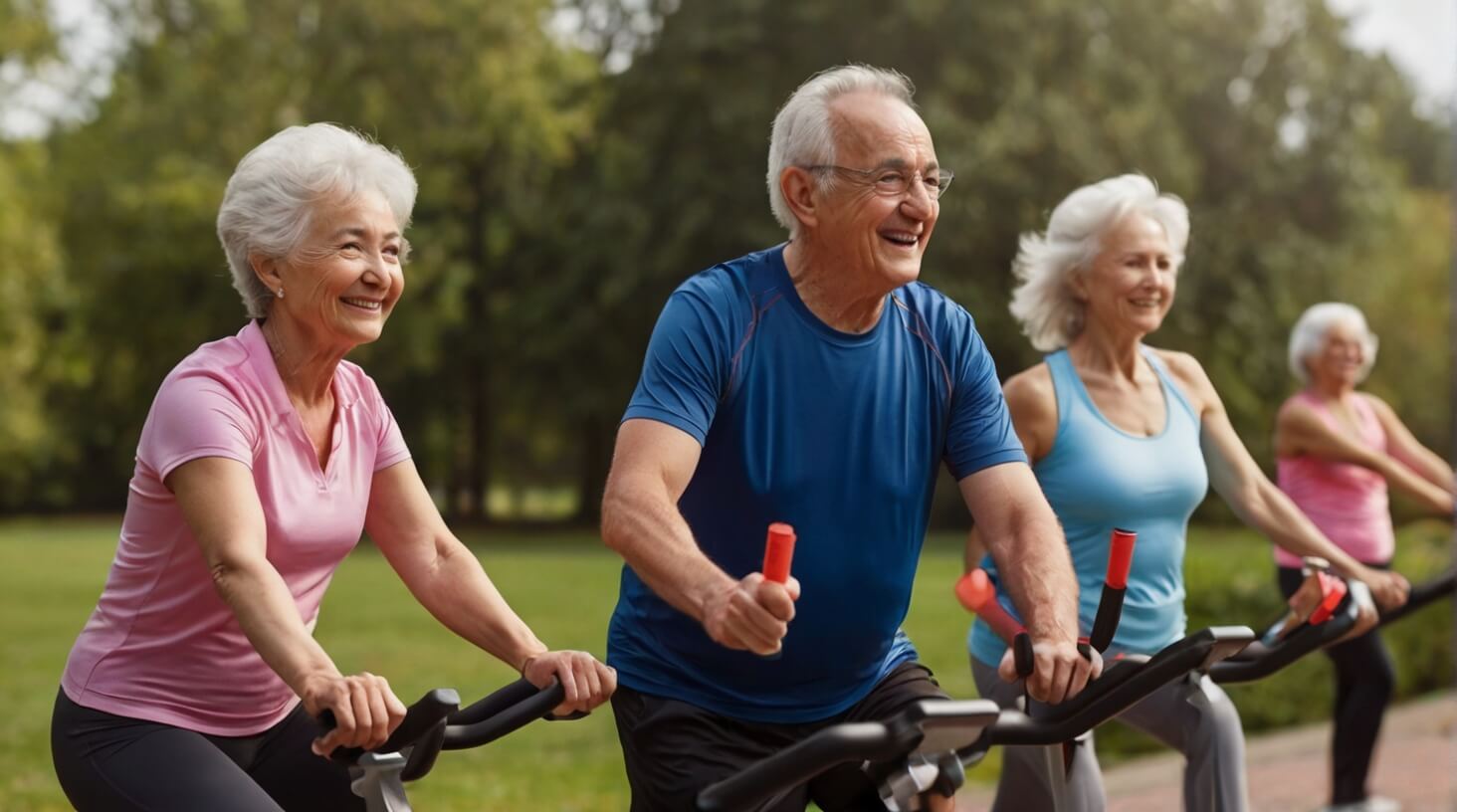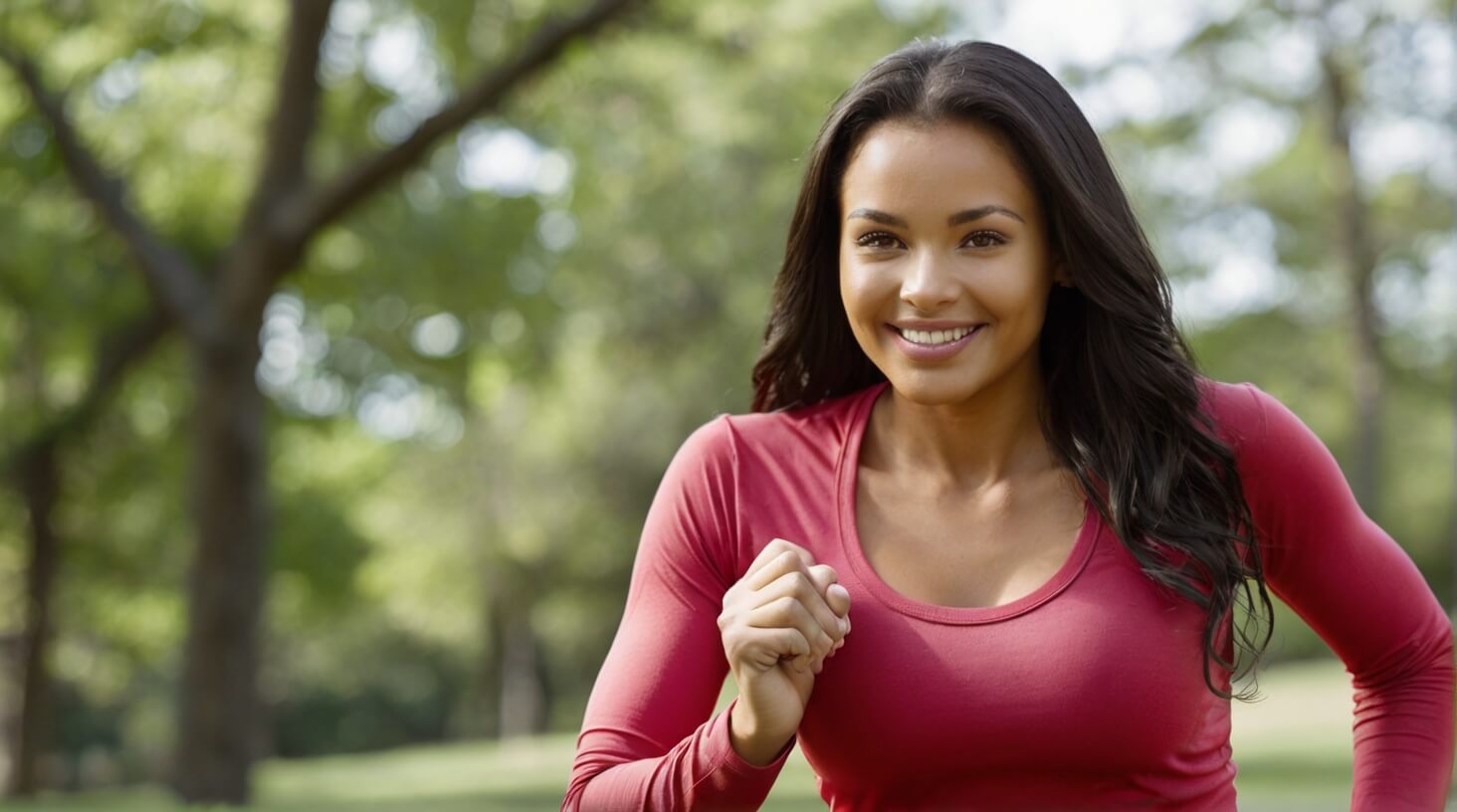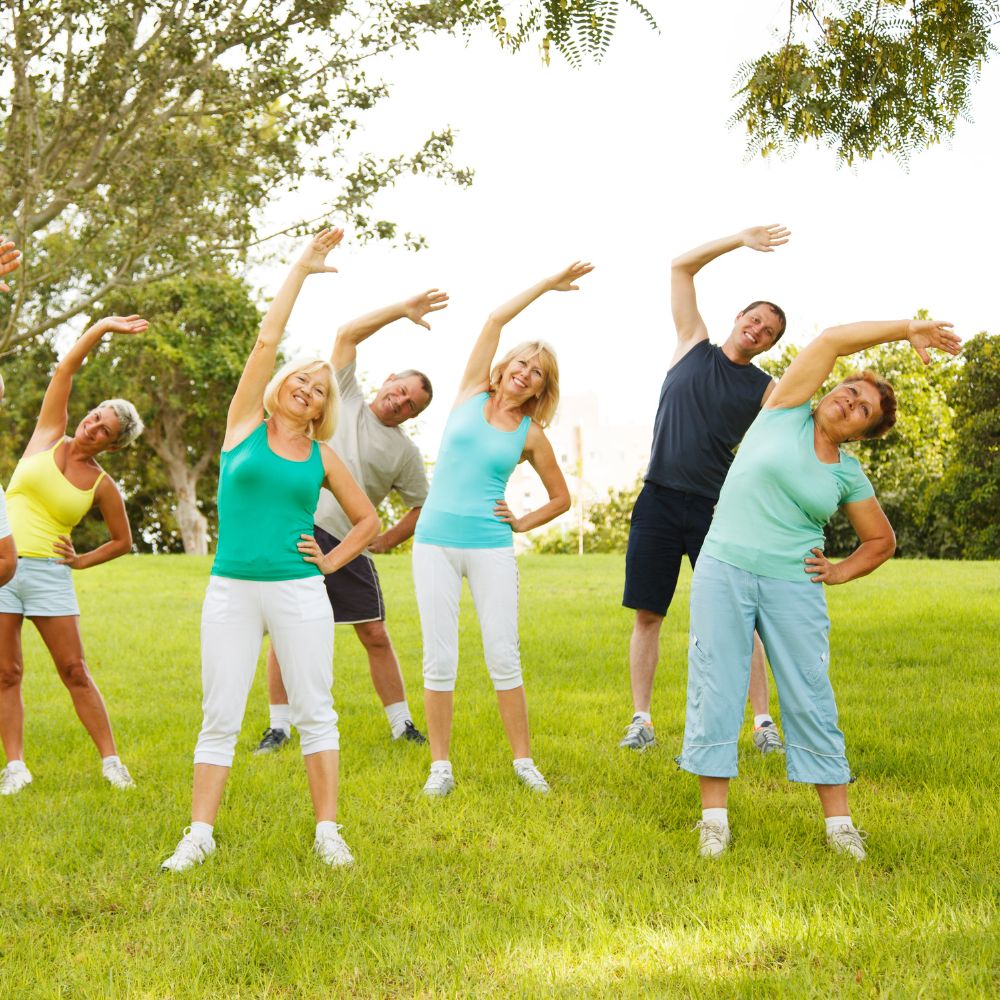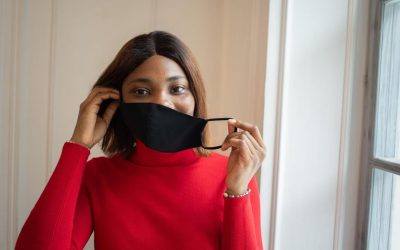As we get older, our bodies tend to slow down and become less active. This can make us feel less energetic and put us at a higher risk of getting sick. But exercising is one of the best things we can do for our health, even as we get older. Exercise helps keep our immune system strong, prevents chronic illnesses, and makes us feel more lively as we age. In this article, we’ll learn how exercise can help keep our immune system strong and make us feel strong and full of life. We’ll talk about how exercising can help older adults in many ways. It can make our muscles strong, keep our hearts healthy, and make us feel less stressed and worried. This too can make our brain work better, help us stay balanced and flexible, and make it easier for us to sleep at night.
The Benefits of Exercise for Older Adults

Did you know that staying active can make you feel great no matter how old you are? Exercise is like a magic potion for our minds and bodies! When we exercise, it helps us feel less stressed and sad, think better, and have more energy. Even doing activities like walking or swimming can make a big difference as we grow older.
Exercise is important for keeping our immune system strong. When we move our bodies, it helps our immune cells travel around better, making it easier for them to fight off germs and keep us healthy.
Did you know that exercising can help lower inflammation in your body? Inflammation can lead to diseases like heart problems, cancer, diabetes, arthritis, and more. So by staying active, you’re giving your body a better chance of staying healthy and strong!
Being active helps us stay strong and independent as we age. It improves our balance and coordination, which helps us avoid falling and getting hurt. It keeps our joints flexible and reduces pain. Exercise even makes our bones stronger, which lowers the chance of breaking them. And it helps us stay mobile so we can keep doing things on our own as we get older.
So, let’s get moving and stay active to feel our best at any age!
Building Muscle Strength
Want to stay active and full of energy as you get older? Strengthening your muscles can help! Regular exercise is important for staying mobile, reducing the risk of falls, and keeping your independence. As we age, our muscles get smaller, but doing strength training exercises can help make them stronger. This means having more muscles and less fat. The best way to do this is by doing exercises. This includes lifting weights or doing calisthenics that make your muscles work against gravity or other forces.
When you start doing strength training, it’s important to go slow and do more over time. Your muscles need time to rest and get stronger after exercise. This helps prevent injuries and lets you get better over time. It’s important to do the exercises the right way to get the most benefit and not get hurt.
Before starting a new exercise program or making big changes, it’s a good idea to talk to your doctor. Strength training is a great choice for people of any age who want to be healthier and feel better.
Improving Cardiovascular Health

Do you want to feel energized and healthy as you grow older? One great way is to improve your cardiovascular health. You can do this by doing daily activities like running or brisk walking. These exercises help make your heart stronger and reduce the risk of heart disease. Eating healthy, like avoiding processed food and fats, also lowers the risk of stroke and other heart-related problems. Regular exercise lowers blood pressure, improves blood flow, and makes your immune system stronger. It also strengthens your muscles and bones, improves balance, and prevents falls and injuries.
Exercise releases “happy hormones” called endorphins that boost your mood and help manage stress. It increases your energy levels, so you can do everyday tasks without feeling tired. Plus, it improves sleep quality, which is important for older adults who may have trouble sleeping.
By taking care of your heart health, you can stay flexible, have more energy, and enjoy life to the fullest as you age. With regular exercise and healthy eating habits, you can keep your body strong and continue doing the things you love for a long time!
Reducing Stress and Anxiety
Feeling stressed or anxious can be tough, but you don’t have to carry that burden all the time. Exercise can help! It’s proven to manage fatigue and improve mental health, especially in older adults. Even 10 minutes of exercise a day can make a difference in how well you handle stress.
But remember, there are other ways to manage anxiety and fatigue too. Meditation, yoga, and breathing exercises can be helpful too. Research shows that including physical activity in your daily routine is important for staying healthy as you get older. Exercise keeps your body moving and helps you feel calm and relaxed.
As you age, it’s important to stay active to protect against age-related diseases. And don’t forget to manage stress too! Taking breaks during the day to walk or stretch can make you feel less stressed and keep your body healthy. It helps your body stay strong and ready to face any challenges that come your way.
Enhancing Cognitive Function

Exercising can help keep your brain sharp as you get older, which means you can stay connected and engaged with life. When you exercise, more oxygen goes to your brain, making it work better. It reduces stress hormones, which can make you feel tired and unfocused.
Aerobic exercise, like running or dancing, is especially good for your brain. It helps improve your memory and lowers your chances of getting dementia when you’re older. High-intensity interval training (HIIT) is a type of exercise that is popular because it gives you lots of benefits in a short time. You can exercise at your own pace and still get the same benefits as longer workouts.
Doing exercises that make your muscles stronger, like lifting weights or doing push-ups, is also good for your brain. These exercises help with coordination and balance and can make you feel less stressed. They also help your brain create new connections, which keeps it working well even as you age.
Enhancing Balance and Flexibility
Regular exercise can improve balance and flexibility, which are important for seniors. It helps make everyday activities easier and reduces the risk of injury from slips or falls.
Here are some tips to increase balance and flexibility:
- Practice balance exercises like yoga or standing on one foot.
- Improve flexibility with regular stretching exercises.
It’s never too late to start improving your balance and flexibility. 10 minutes of exercise each day can make a big difference in preserving your independence as you get older.
Improving Sleep Quality
Getting enough sleep is important for staying healthy as you get older. When you sleep well, you have more energy, feel happier, and have a stronger immune system. This helps you stay active and enjoy life more.
Not getting enough sleep can make you feel tired, have trouble concentrating, and get upset. It can increase your chances of getting serious illnesses like heart disease or diabetes. That’s why it’s important to develop good sleeping habits now, so you can stay healthy as you grow older.
Creating good sleeping habits means going to bed at the same time every night and waking up in the morning. It’s helpful to exercise during the day to keep your weight in a healthy range and regulate your sleep hormones. Try to avoid having caffeine close to bedtime, since it can make it harder to fall asleep. By developing these habits now, you’ll be more prepared to stay active and live a happy, healthy life as you get older!
Frequent-Asked Questions
What type of exercise is most beneficial for older adults?
If you’re an older adult, doing stretching exercises and aerobic activities can help you stay healthy and strong. Stretching exercises make your muscles and joints more flexible and improve your balance and posture. Aerobic activities like walking or cycling are good for your heart and help you build endurance. When you do these exercises with guidance from a certified fitness instructor, they can make you feel better and enjoy life more.
How often should older adults engage in exercise?
As you get older, it’s important to keep track of how hard you exercise and how strong your muscles are. Exercising helps you stay healthy and keep your immune system strong. Try to aim for at least two hours of moderate activity each week. If that feels like too much, start with 10 minutes at a time and do more next time. It’s good to do a mix of activities like jogging or swimming for your heart and strength exercises like push-ups or squats for your muscles. By paying attention to how you exercise and staying committed, you can age in a healthy and empowering way.
Does exercise help reduce the risk of falls in older adults?
Exercising can help older adults avoid falling. When you exercise, your muscles become more flexible and your balance improves, which makes it easier to stay on your feet. Being flexible helps your mind feel better, so you can make good decisions and move safer. Doing strength training exercises can make your muscles even stronger and help you stay steady. Activities like yoga or tai chi are gentle exercises that make you stronger and more relaxed, so you can move better and be more aware of your body.
What are the safety considerations for older adults when exercising?
When you exercise, it’s important to put safety first, especially for older adults. This means considering changes in your fitness level due to age and any health conditions you may have. Before starting any activity, make sure to warm up and stretch the proper way. If necessary, a physical therapist can create a personalized exercise plan for you. Listen to your body and take breaks when needed. Exercising too hard can cause injuries or make you very tired. By following these tips and being aware of your abilities, you can exercise and stay healthy.
What is the best way to ensure adherence to an exercise program for older adults?
To make sure older adults stick to their exercise plan, it’s important to help them stay motivated and have support from friends and family. Set goals together that are specific, measurable, attainable, realistic, and timely. Create a plan with rewards for reaching those goals, so they stay excited and keep going. Having someone to share progress with can boost confidence and keep them motivated to keep up with the program.
Exercising is important for staying healthy as you get older. It can help you build strong muscles, improve your heart health, reduce stress, think better, and become more flexible. Plus, it even helps you sleep better! By being active, you can stay independent and have a stronger immune system. A study found that older adults who exercise have a lower chance of getting shingles. So, start exercising today to stay strong and healthy as you age.











